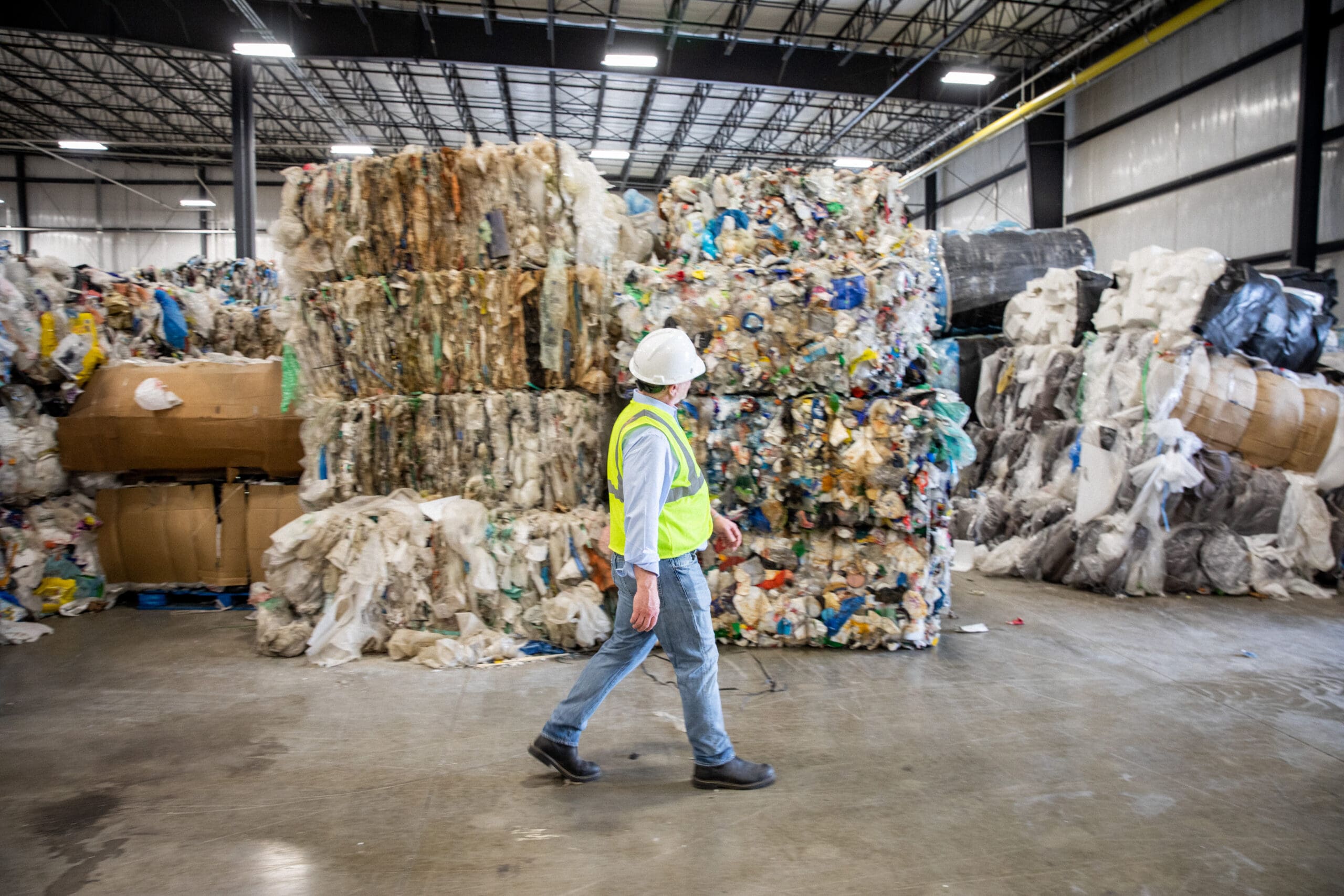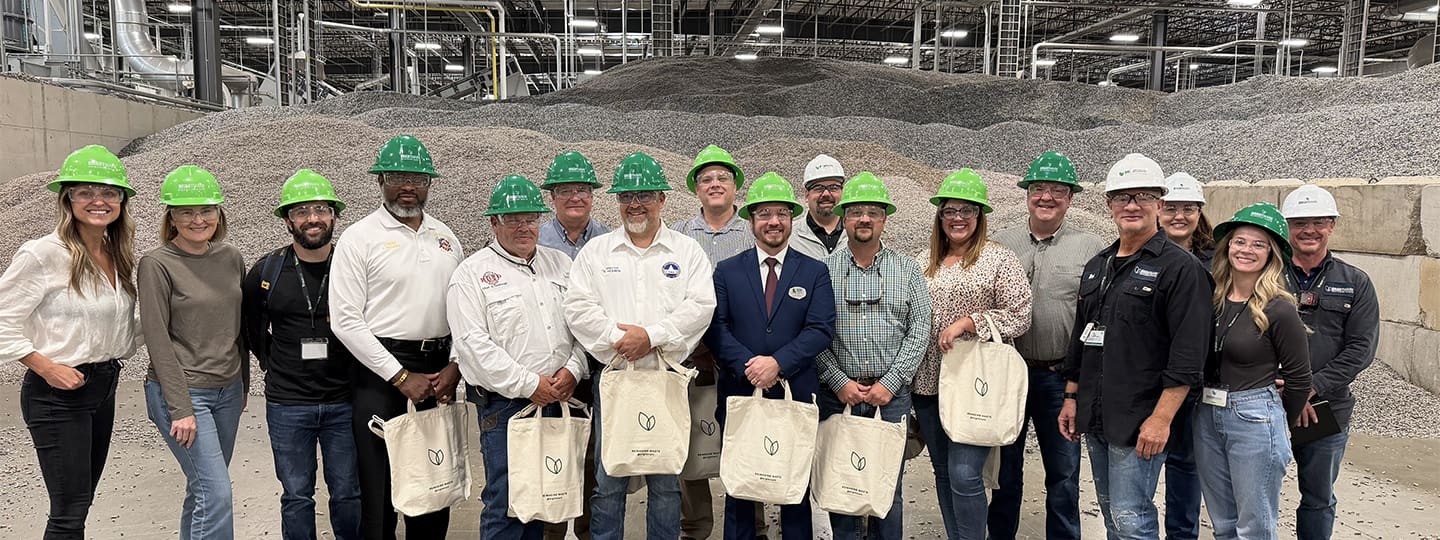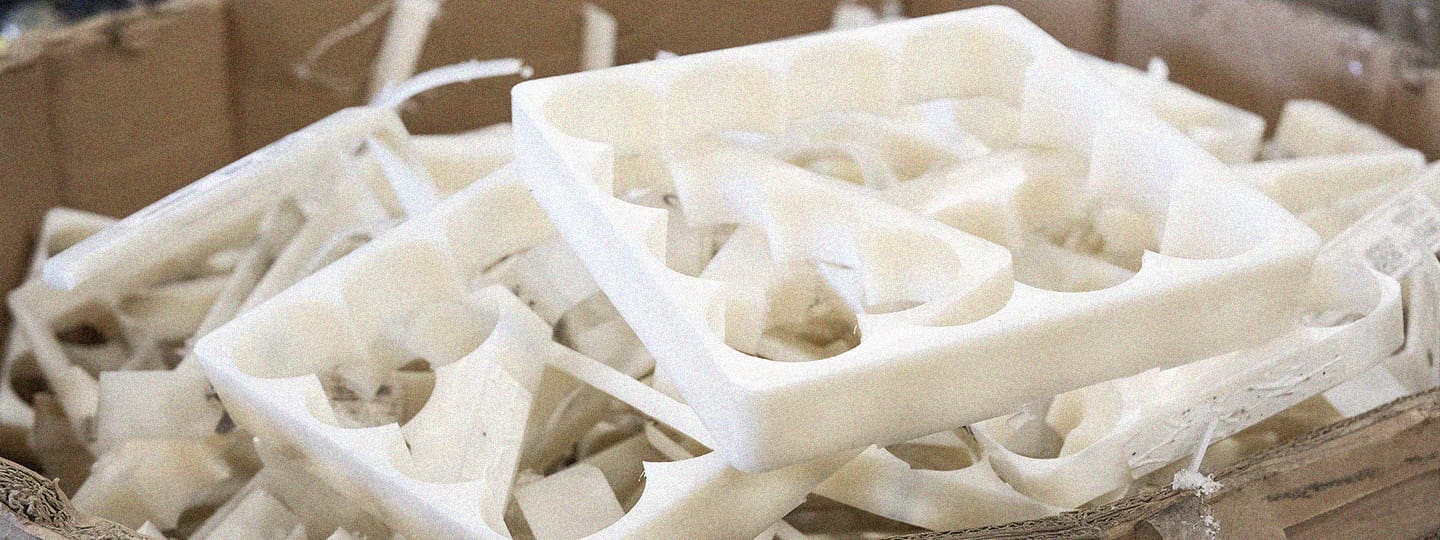“Alone we can do so little. Together we can do so much.” – Helen Keller
Solving the global plastic pollution crisis will require thoughtful collaboration, compromise, and innovation across the manufacturing, packaging, and waste management industries. In order to effectively address this complex challenge, everyone in this space needs a seat at the table, enabling us all to further develop holistic solutions that protect the environment, the economy, and jobs. Unfortunately, some of the provisions in recent proposed federal legislation could have a devastating impact on emerging innovation and economic growth in the new circular economy.
The “Break Free from Plastic Pollution Act” was recently reintroduced by Rep. Alan Lowenthal (D-Calif.) and Sen. Jeff Merkley (D-Ore.). It includes a three-year moratorium on any new #advancedrecycling facilities across the country. This provision is a grave threat to research and development work around creating new circular economy solutions for plastic waste and runs counter to the environmental goals the legislation is intended to address. Smart policy must advance—not limit—the innovation needed to reduce plastic waste.
We must also consider the law of unintended consequences. The Break Free from Plastic Pollution Act would incentivize alternative single-use packaging materials that are proven to produce significantly more lifecycle greenhouse gas emissions than plastic. With supportive policy, lightweight, recycled plastics can play a vital role in our efforts to reduce the climate change impacts of many industries, including manufacturing, packaging, and shipping. We must get this right in order to effectively combat the climate emergency. Relying solely on energy efficiency and renewable energy can only address 55% of global GHG emissions. By adopting circular practices like advanced recycling, we can reduce a significant proportion of the remaining 45% of emissions.
Despite these shortfalls, there is much to support in the legislation as well. In particular, Brightmark is heartened to see the bill’s increased focus on environmental justice and human rights. It includes an effort to provide translation services for non-English-speaking communities where plastic and waste sites are planned, along with a number of mechanisms designed to protect low-income communities. Inclusive environmentalism is imperative to truly solve this problem.
The circular economy is a trillion-dollar opportunity with massive potential for job creation, innovation, decarbonization, and economic growth. If federal plastic pollution legislation incentivizes circularity-focused #advancedrecycling technologies, it could progress what may be the most effective tool at our collective disposal to recover plastic waste and revolutionize how we use – and reuse – our plastic resources. Congress faces an inflection point on the plastic waste crisis, and I urge them to be curious and prioritize innovation as they seek solutions that equally protect people and the planet.





